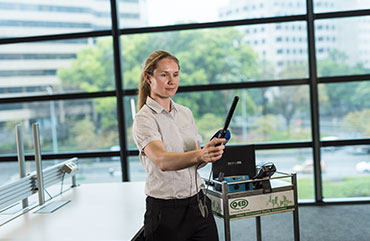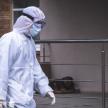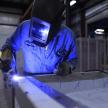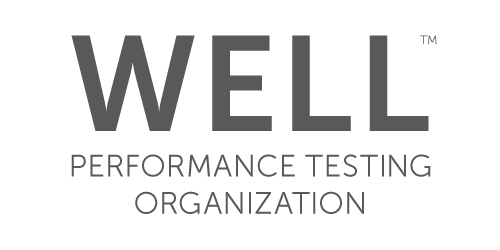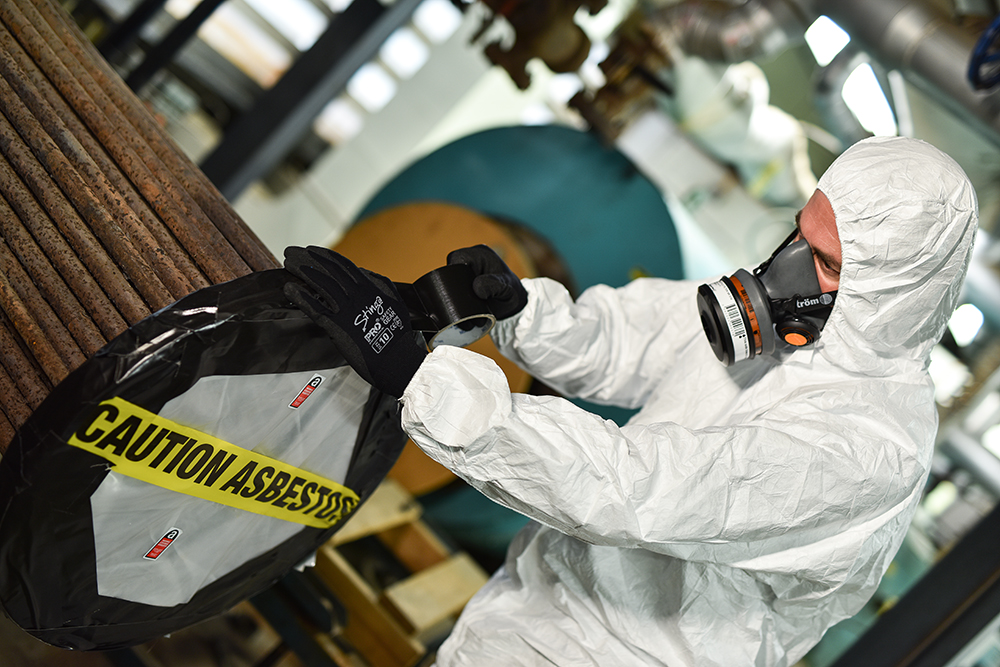
15th
How to safely remove asbestos - new codes of practice in WA
The new Codes of practice have now been legislated under the Work Health and Safety Laws (WHS) replacing the original NOHSC documents. The new documents are:
1. Code of practice - How to safely remove asbestos
This code of practice provides practical guidance to PCBUs on how to manage health and safety risks associated with removing asbestos or asbestos containing materials (ACM) from workplaces.
A PCBU may be an asbestos removalist who may carry out asbestos removal work that does not require a licence; Class A asbestos removal work; or Class B asbestos removal work. This could include both asbestos removal companies and those persons who may carry out small asbestos removal jobs and may not have an asbestos licence, for example, tradespersons.
It is recommended that other duty holders — for example, a PCBU who commissions asbestos removal work at a workplace (PCBU who commissions removal work) — should read this Code to ensure they are aware of mandatory requirements.
2. Code of practice - How to manage and control asbestos in the workplace
This Code provides specific guidance on identifying asbestos or ACM in the workplace, determining whether removal is the best control option and implementing other control measures if removing asbestos is not the most appropriate action to take.
This code of practice should also be read in conjunction with the WHS transitional arrangements.
There is a 12-month transition period for the following matters relating to licensed asbestos removal:
- Completion of a specified Vet course for all workers conducting licensed asbestos removal works
- Use of Licensed Asbestos Assessors for clearances and air monitoring for Class A removal work
For all other changes to the WHS laws concerning asbestos removals, WorkSafe will be taking an educational approach in the first instance, however, removalists will need to become compliant as soon as practicable as there is no grace/transition period.
You can find more information on asbestos management and removal here, or feel free to get in touch and ask us a question.
Categories
Recent Posts
Trichloramine and Indoor Air Quality in Swimming Pools
05th Nov
For swimmers and pool workers alike, the characteristic "chlorine smell" at indoor swimming pools is part of the experience. Howev...
Indoor Air Quality Takes Centre Stage: A New Government Report on Airborne Virus Transmission
30th Sep
The importance of Indoor Air Quality (IAQ) has gained significant attention following the release of a groundbreaking report from Australia‚...
Changes to the workplace exposure standard for welding fumes
15th Mar
On January 18, 2024, SafeWork Australia made a significant adjustment to the Workplace Exposure Standard (WES) for Welding Fume (not otherwi...



